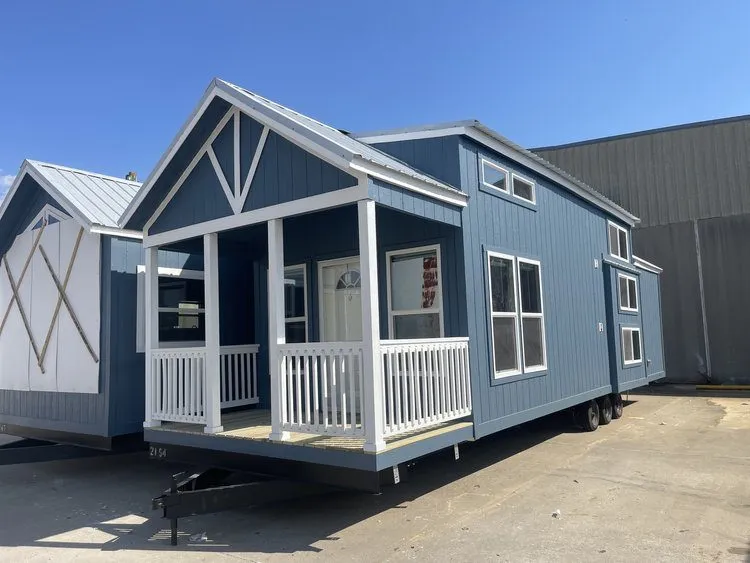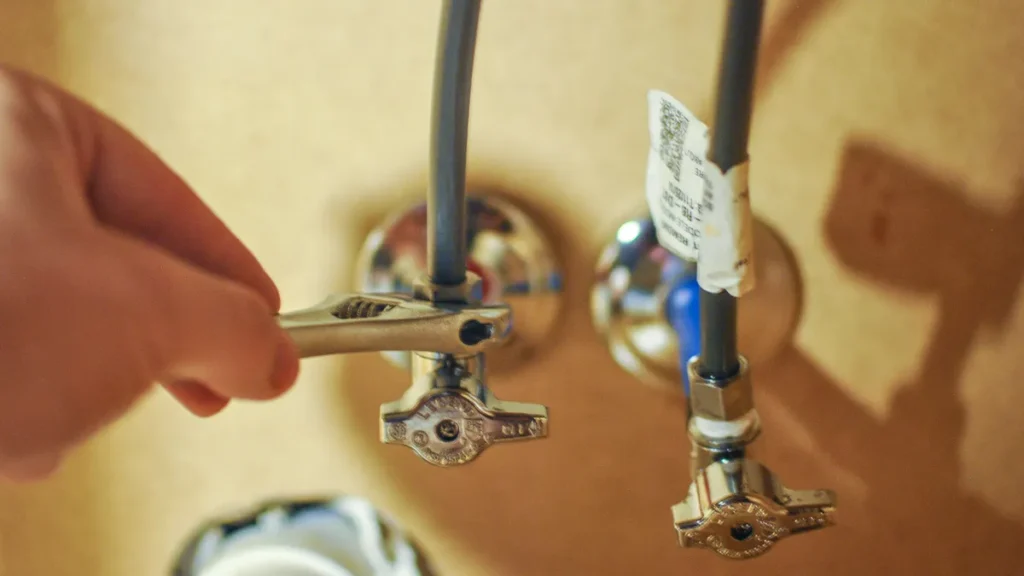Decorating your home is one of the most enjoyable parts of creating a comfortable and stylish living environment. While furniture sets the foundation, it is the Home Accessories you choose that bring personality, warmth, and visual appeal to every room. From the living room to the bedroom, bathroom, and kitchen, selecting the right accessories can make your home look polished, balanced, and truly your own.
In this detailed guide, you’ll learn how to choose the best Home Accessories for any room, what factors to consider, and how to make your space feel cohesive without overspending. Whether you enjoy minimal décor or love bold styles, these tips will help you transform your home with ease.
Why Home Accessories Matter
The right Home Accessories can completely change a room’s atmosphere. They add layers, texture, color, and character that furniture alone cannot provide. Accessories help unify design themes, highlight your personal taste, and make your home feel lived-in and inviting.
Key reasons they’re essential:
- Express your personality
- Enhance visual depth and texture
- Create balance and flow
- Add comfort and functionality
- Easily transform a space without major renovation
Because they are flexible and often affordable, Home Accessories give you the power to refresh your space anytime.
1. Start with a Clear Style and Theme
Before shopping for Home Accessories, identify the theme of your room. This will help you stay consistent and avoid buying random pieces.
Common décor styles include:
- Modern and Minimalist – clean lines, neutral tones, simple shapes
- Bohemian – colorful, layered textures, artistic accents
- Scandinavian – natural materials, light colors, functional décor
- Industrial – metal finishes, rustic wood, bold statements
- Classic Traditional – elegant patterns, symmetry, warm tones
Once you know your style, choosing accessories becomes much easier.
2. Choose a Color Palette
Your accessories should complement your room’s existing colors. A well-planned color palette creates harmony and avoids visual clutter. You can select:
- Matching colors to keep the look subtle
- Contrasting colors for bold statements
- Accent colors to highlight specific décor pieces
For example, if your living room is neutral, choose Home Accessories in gold, teal, or earthy green for richness and warmth.
3. Focus on the Main Accessories First
Every room has key accessories that define its look. Start with the larger or more noticeable pieces before adding smaller accents.
Living Room:
- Rugs
- Throw pillows
- Wall art
- Lamps
- Curtains
Bedroom:
- Bedding
- Table lamps
- Decorative mirrors
- Accent rugs
Bathroom:
- Towels
- Soap dispensers
- Bathroom shelves
- Decorative baskets
Kitchen:
- Countertop décor
- Utensil holders
- Wall shelves
- Fruit bowls and jars
Once the essentials are in place, add smaller Home Accessories like trays, candles, books, or small plants.
4. Keep Balance and Proportion in Mind
Good décor depends on visual balance. Avoid overcrowding any area or using items that are too large or too small for the room.
Tips:
- Mix tall and short accessories.
- Combine different shapes—round, square, oval—to add interest.
- Maintain symmetry on shelves and consoles.
- Spread accessories across the space rather than placing everything in one spot.
A balanced arrangement gives your home a polished, professional look.
5. Use Textures to Add Warmth and Depth
Texture plays a huge role in creating a cozy and inviting atmosphere. Mix different materials and fabrics throughout your home.
Examples:
- Wood paired with metal
- Linen bedding with velvet cushions
- Glass vases on stone or wood shelves
- Wool rugs under leather furniture
These combinations elevate your décor and help your Home Accessories stand out beautifully.
6. Make Use of Lighting Accessories

Lighting is one of the most influential décor elements. It affects the mood, color perception, and overall feel of a room.
Consider adding:
- Table lamps
- Floor lamps
- Pendant lights
- String lights
- LED candles
Warm light makes spaces feel cozy, while cool light is ideal for modern or minimalist styles. Choose lighting Home Accessories that complement your furniture and wall colors.
7. Add Natural Elements
Nature-inspired accessories instantly freshen up any room. They add color, texture, and life.
Popular natural Home Accessories include:
- Indoor plants
- Wooden bowls
- Dried flowers
- Bamboo baskets
- Ceramic pots
- Stone sculptures
Whether real or artificial, greenery has a powerful effect on your room’s aesthetic.
8. Prioritize Functionality Along With Beauty
Stylish accessories are great, but functional ones are even better. Look for pieces that don’t just look beautiful—they also serve a purpose.
Examples:
- Storage trays
- Decorative baskets
- Multi-purpose ottomans
- Mirrors that brighten and enlarge spaces
- Shelves that display décor and store everyday items
Functional Home Accessories help maintain a clean and organized home.
9. Personalize Your Space
Your home should tell your story, and accessories are the perfect way to showcase your personality.
Add:
- Personal photos
- Artwork
- Travel souvenirs
- Handmade crafts
- Custom-designed pillows or name plaques
These items make your home feel unique and meaningful.
10. Don’t Rush Decorate Slowly and Intentionally
Many homeowners make the mistake of buying too many accessories at once. Take your time instead. Decorate step by step and adjust as needed.
Doing this helps you:
- Avoid clutter
- Stay within budget
- Maintain your design theme
- Find better deals and unique items
Thoughtfully chosen Home Accessories will always look better than random purchases.
11. Mix Old and New Pieces
Combining vintage and modern accessories adds character and depth to your interior design. Pairing old items with contemporary ones creates an appealing contrast.
For example:
- A vintage vase on a modern coffee table
- Antique picture frames on minimalist shelves
- A rustic rug in a sleek bedroom
This blend enhances the charm of your home.
12. Keep Seasonal Décor Minimal but Impactful
Seasonal décor keeps your house feeling fresh without requiring a complete makeover.
Examples:
- Spring: Floral arrangements, pastel cushions
- Summer: Light fabrics, beach-inspired décor
- Autumn: Warm orange and brown accents
- Winter: Cozy blankets, candles, and festive accessories
Rotate these Home Accessories to match the season.
FAQs About Choosing the Best Home Accessories
1. How do I pick the right Home Accessories for a small room?
Choose multi-functional items, avoid oversized décor, and stick to a limited color palette. Small rooms need accessories that improve space without cluttering it.
2. Can Home Accessories make a room look more expensive?
Yes. Choosing high-quality fabrics, metallic finishes, and well-designed lighting can elevate even a simple room.
3. How many Home Accessories should I add to a room?
There is no fixed number. Add enough to enhance the space visually—but leave open areas to avoid overcrowding.
4. What are the most important Home Accessories for a living room?
Rugs, throw pillows, wall art, lighting, and decorative shelves are considered essential.
5. How often should I update my Home Accessories?
You can update them seasonally or whenever you want to refresh your home without major changes.
6. Do Home Accessories have to match my furniture?
They don’t need to match exactly but should complement your furniture in color, style, and texture.
7. Are neutral Home Accessories better than colorful ones?
Both work well depending on your theme. Neutral items are timeless, while colorful pieces add vibrancy.
8. How do I choose Home Accessories on a budget?
Shop during sales, choose versatile items, and mix affordable décor with a few high-quality statement pieces.
9. Can I mix different styles of Home Accessories?
Yes, mixing styles can create a personalized look—as long as the overall theme feels cohesive.
10. What Home Accessories make the biggest impact instantly?
Large wall art, rugs, cushions, and statement lighting are the quickest ways to transform a space.










